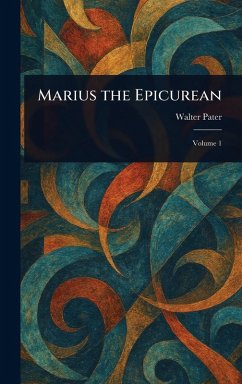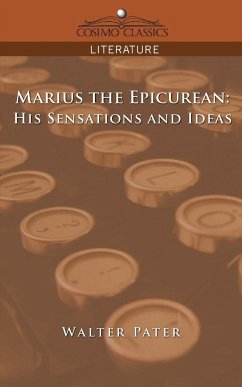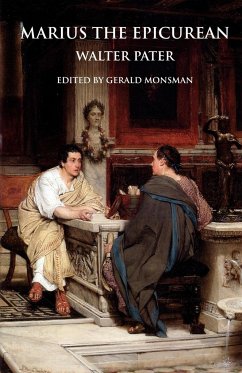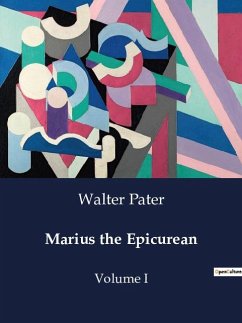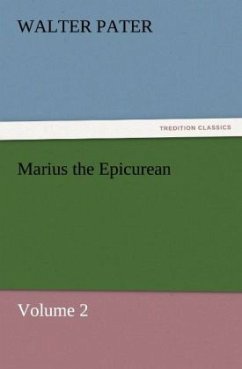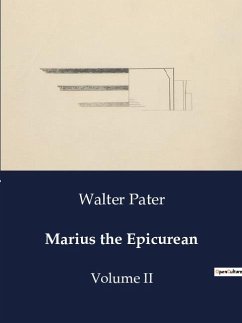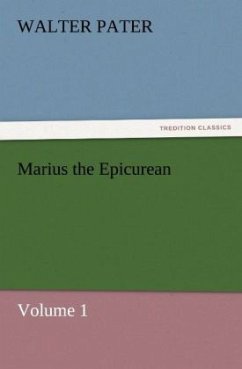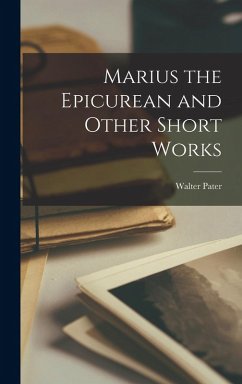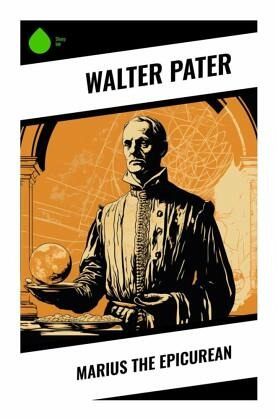
Marius the Epicurean
Versandkostenfrei!
Versandfertig in 6-10 Tagen
12,10 €
inkl. MwSt.

PAYBACK Punkte
0 °P sammeln!
In "Marius the Epicurean," Walter Pater weaves a rich tapestry of philosophical inquiry and aesthetic exploration, set against the vibrancy of ancient Rome. The narrative follows Marius, a young man caught between the stark realities of the Roman Empire and the profound pleasures of sensory experience and intellectual contemplation. Pater's prose is both lyrical and introspective, blending vivid impressions of the time with meditative reflections on hedonism, spirituality, and the pursuit of beauty, characteristic of the Aesthetic Movement. The book stands as a 19th-century homage to the class...
In "Marius the Epicurean," Walter Pater weaves a rich tapestry of philosophical inquiry and aesthetic exploration, set against the vibrancy of ancient Rome. The narrative follows Marius, a young man caught between the stark realities of the Roman Empire and the profound pleasures of sensory experience and intellectual contemplation. Pater's prose is both lyrical and introspective, blending vivid impressions of the time with meditative reflections on hedonism, spirituality, and the pursuit of beauty, characteristic of the Aesthetic Movement. The book stands as a 19th-century homage to the classical ideals of Epicurean philosophy, exploring the tension between desire and moral responsibility as Marius seeks a life steeped in the richness of experience while grappling with the ephemeral nature of existence. Walter Pater (1839-1894), an eminent figure in Victorian literature and philosophy, was profoundly influenced by Renaissance thought and the burgeoning aesthetic movements of histime. His deep engagement with art, literature, and mysticism is mirrored throughout his works, as he sought to elicit the emotional and philosophical implications of beauty. Known for his critical essays and groundbreaking views on aesthetics, Pater's interest in Epicureanism was shaped by his own struggles with faith and the human condition, motives that resonate through Marius's journey. This book is highly recommended for readers who appreciate the interplay of philosophy and narrative, as well as those intrigued by the moral complexities faced by individuals in their quest for pleasure. "Marius the Epicurean" invites readers to reflect on their own values and the nature of happiness, making it a lasting contribution to philosophical literature. Pater's evocative storytelling and insightful reflections ensure its relevance across generations.



